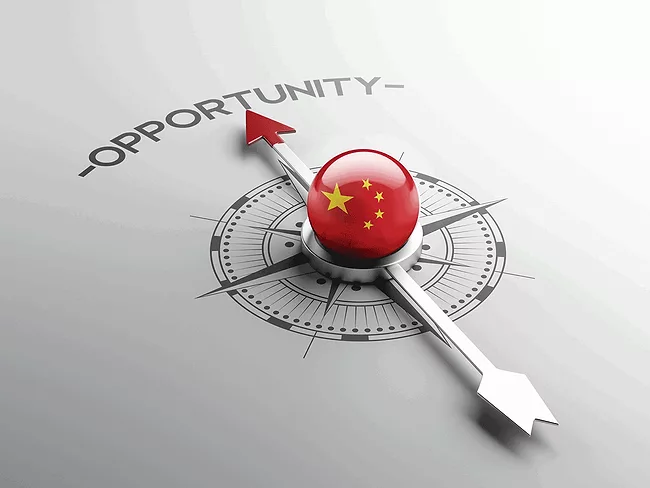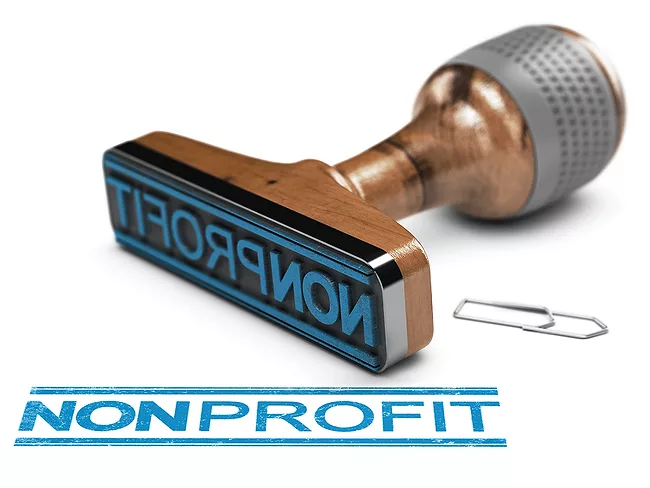
Analysis and data insight, BioWorld Asia
Biopharma financings October 2025
Biopharma financings jump 86% in October, raising $13.2B
Read MoreBiopharma nonprofit deals and grants 2025
Biopharma nonprofit dealmaking and grants stabilize in a new normal
Read MoreBiopharma clinical updates September 2025









